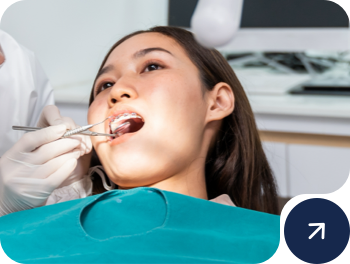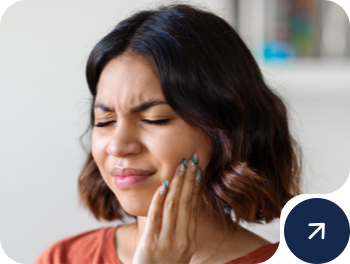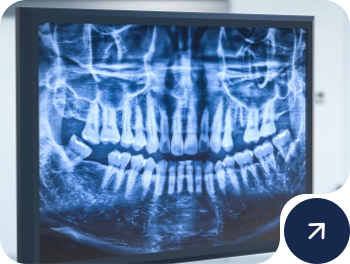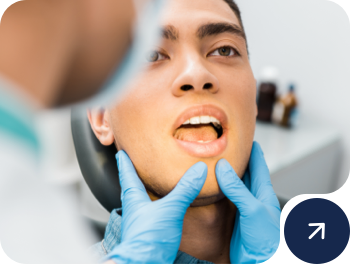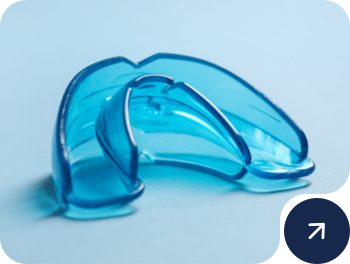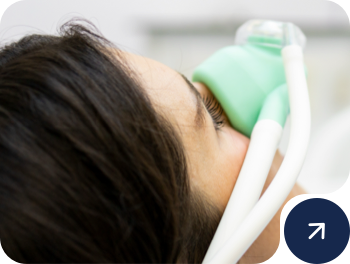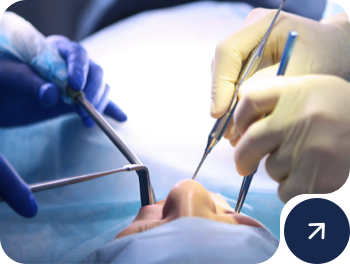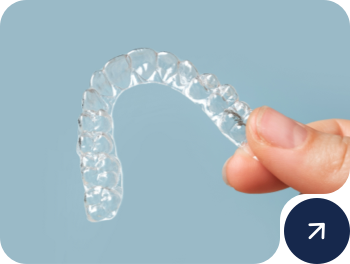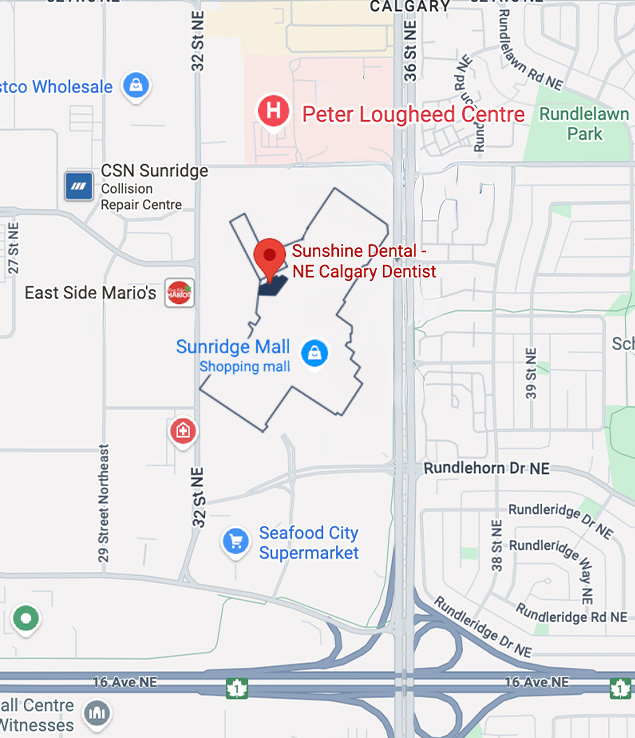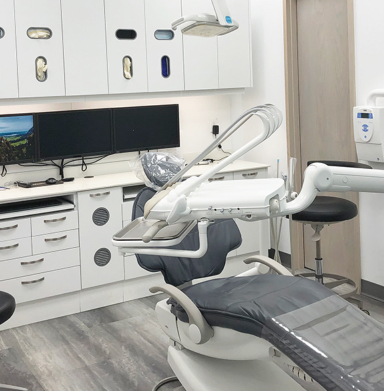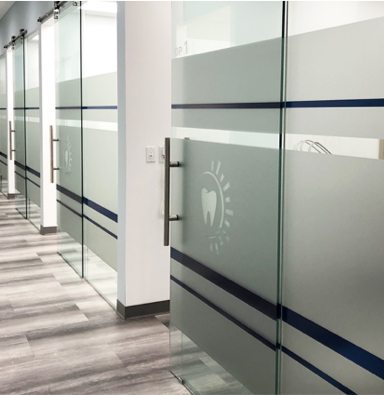Jaw movement is such an essential part of your life. It’s amazing how much you use your jaw throughout a typical day. Whether you’re talking, chewing, swallowing, or smiling, your jaw is central to how your mouth functions.
But what happens when the muscles that control your jaw start to develop painful symptoms? How can this affect your day, and can these issues affect other parts of your oral health, like your teeth?
This issue, also known as temporomandibular joint dysfunction or TMD, affects the quality of life for many people across the country, but there are several ways our dental team can help manage its symptoms so you can get back to using your jaw comfortably.
If you believe TMD is causing any issues you might be experiencing, please get in touch with us to request an appointment today.
What Is TMD?
TMD is an issue that affects your temporomandibular joints (TMJ). These joints are responsible for connecting your lower jaw to your upper jaw and are considered among the most complex joints in your entire body. Using these joints, you can move and rotate your jaw in various directions, allowing you to chew, speak, swallow, and yawn comfortably.
When you experience pain around the jaw area, TMD may be a possible cause. TMD, as the name suggests, is a disorder of your TMJ.
How Does It Develop?
There is no exact cause for TMD, but it may develop from the culmination of other issues like arthritis, jaw injuries, and joint disease. TMD may also develop if you struggle with bruxism, an issue that causes you to clench your jaw or grind your teeth.
TMD can also develop if your jaw isn’t properly aligned or if crooked teeth are affecting your bite.
What Are The Symptoms?
If you have TMD, you may experience:
- Pain or pressure around your ears or temple
- Difficulty chewing or speaking
- Clicking sounds in your jaw or ear
- Neck pain
- Headaches
Can It Affect Your Teeth?
The most common TMD causes tend to affect the joints and muscles around your jaw, but certain issues may affect your teeth over time.
If your symptoms develop because of chronic tooth grinding or clenching, you may also develop other dental problems. Grinding and clenching can wear your teeth down over time, sometimes causing them to break. In some cases, grinding and clenching may also lead to:
- Toothaches
- Broken crowns and fillings
- Uneven or sharp edges
- Receding gums
While TMD doesn’t affect your teeth, the issues that cause TMD could damage your teeth and cause tooth pain.
Can Kids Develop TMD?
So, can children also develop TMD?
Yes, and it can develop for much of the same reasons adults can develop TMD. Some experts have found that TMD develops more often in teenage girls, but it can develop in children of all ages.
If your child has a misaligned bite or crooked teeth, they may have a higher risk of developing TMD symptoms as they grow older. We can help correct these issues with orthodontic treatments like braces or retainers.
Managing TMD Pain
Now that we’ve looked at TMD, what causes it, and what symptoms you may experience, let’s look at the various ways you could help manage it.
Like with every other treatment we offer, the very first step towards finding relief is having a dental exam so we can go over your issues and determine what may be causing your symptoms. From our findings, we can recommend a personalized treatment plan unique to your needs.
Behavioural & Lifestyle Changes
In minor cases of TMD, we may recommend some behavioural or lifestyle changes to help manage your symptoms. These changes can include:
- Eating smaller bites of food
- Eating softer foods
- Stretching your jaw regularly
- Using cold or warm compresses on painful areas
Medications for Pain & Inflammation
If your symptoms are a little more severe, our next step is managing the issue with certain types of medications. We may only need to recommend some over-the-counter pain medications and muscle relaxants, but we could prescribe stronger medications if we deem it necessary.
Therapies & Appliances
If you struggle with chronic TMD symptoms, we may turn to routine therapy or even oral appliances to help provide relief.
Physical therapy sessions include doctor-led stretching exercises that help relax your jaw muscles and provide you with more mouth movement, while retainers, oral splints, and mouth guards could help manage your symptoms by correcting your bite or realigning your jaw.
Surgeries & Injections
If your TMD symptoms are serious enough, we may start looking at options like surgeries and injections to help you find the relief you need. Some of these procedures may include:
- Botox injections
- TMJ arthroscopy
- Open joint surgery
Though we don’t perform these procedures at our practice, we can refer you to a professional who can assess your TMD and speak with you about appropriate surgical treatment. It is rare to need surgery for TMD symptoms, but it may be necessary if all other attempts provide no results.
If You’re Struggling, We’re Here to Help
We believe that every member of your family should be able to enjoy their smile comfortably.
If you or a loved one is struggling with uncomfortable jaw problems, please call our team today. We’re happy to assess the issue, look for possible causes, and find helpful strategies unique to your family’s needs today.



